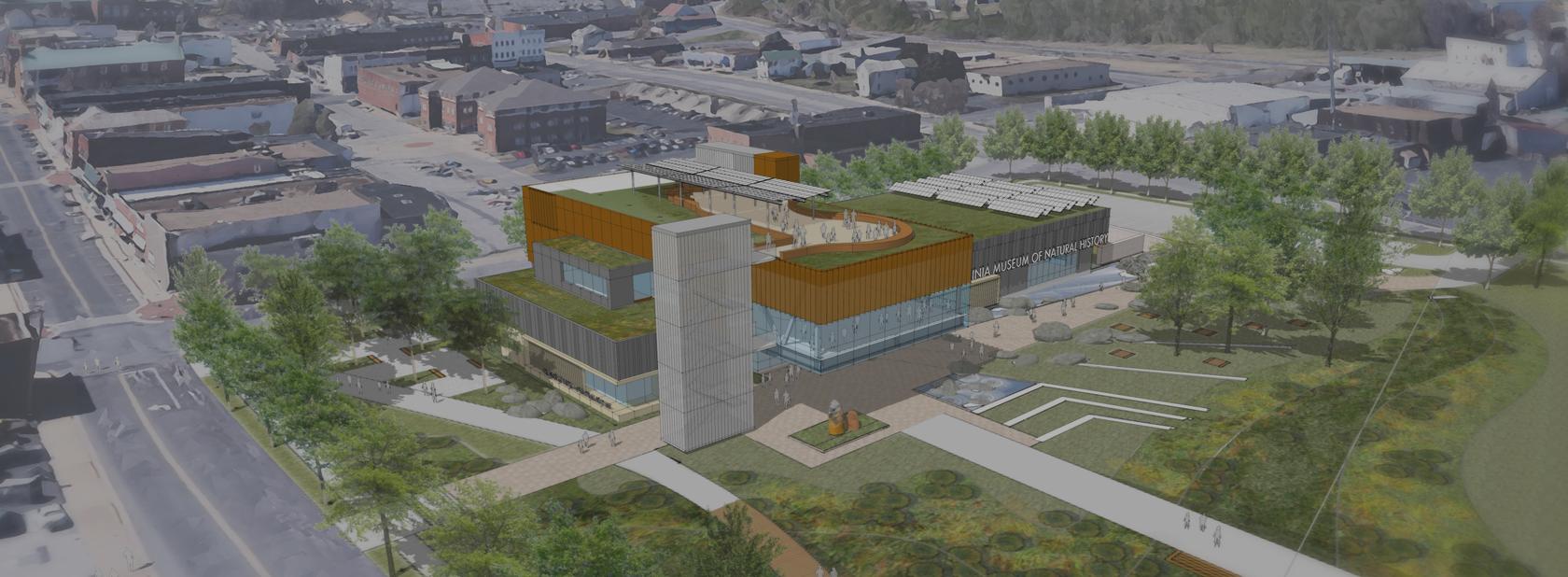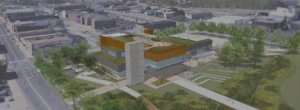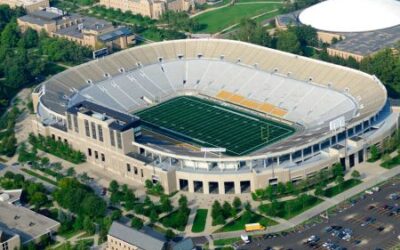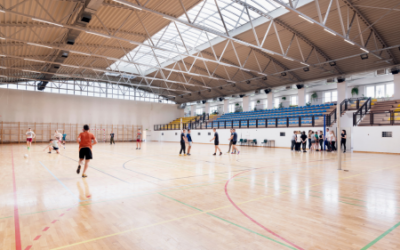It is often surprising to realize how many diverse sectors receive government funding specifically earmarked for the preservation of American assets. Companies that contract with government are advised to watch new activity that is just beginning to crest around museum projects.
Museums collect, conserve, and interpret the country’s heritage and surprisingly enough, it has been reported that there are more museums in America than McDonald’s and Starbucks combined. The $350 billion that Congress allocated to museums in the American Rescue Plan Act (ARPA) will result in hundreds of new projects of every size and type.
California dwarfs most other states by supporting more than 3,000 museums, but 29 states were gifted with shares of the $350 billion in ARPA funding. The message is clear – Congress wants public officials at all levels of government to preserve America’s museums so they remain pertinent to all citizens.
Over the next five years, the museum industry in America will surely continue its pattern of consistent growth. The 2022 market size of $19 billion will increase significantly as a result of all the new expansion projects.
The city of Springfield, Missouri has initiated design for a project to revamp the prestigious Springfield Art Museum. The institution will be expanded by an additional 18,000 square feet of gallery, exhibit, event, and educational programming space. This will increase the museum’s total square footage to 70,000 by 2027, which is when city officials expect construction work to be finished. As outlined in the city’s master plan, the project will be delivered in phases. Overall, the lobby will be renovated, a performing arts center will be constructed, and the museum’s existing education wing will be replaced. The project’s cost is expected to exceed $18 million.
Work is underway on a second campus for the Virginia Museum of Natural History (VMNH). The new campus will be built in the city of Waynesboro, Virginia. An initial feasibility study found that a second campus in Waynesboro would benefit the entire state and provide core services for multiple counties in the Shenandoah Valley region. Preliminary design of the museum includes 28,000 square feet of space—most of which will be designated for exhibit galleries and children’s learning stations. The proposed museum will also have multiple classrooms, a science laboratory, and trails that afford access to the nearby South River. A cost estimate made before current inflation hikes suggested the museum’s Waynesboro campus would cost $22 million. That cost will almost certainly be higher now. The city of Waynesboro is using a financial incentive package to attract private investment in the project and a funding commitment has also been made by the state. The second facility is projected to generate $2 million in annual economic impact based on its capacity to attract between 45,000 and 85,000 annual visitors.
An ambitious project is underway in Portland, Maine to construct an addition to the city’s premier art museum that would more than double its current size. The $85 million museum expansion project will renovate the Portland Museum of Art’s existing buildings. The museum’s total square footage will be increased to 100,000, which will double the size of the facility. The museum project will move into the design phase by the end of the year.
New York City’s only free contemporary art museum is being redesigned as it nears its 50th anniversary. Both the city and state are contributing funds to the $26 million effort to renovate the Bronx Museum of the Arts. The redesigned museum will feature a new lobby and seating area, community event space, and street-facing displays with programmable signage. The release of the project’s schematic design advances work to the latter stage of the design process. A more definite timeline for the project is expected to emerge soon, but preliminary plans suggest a targeted completion date of 2025.
Officials in Fayetteville, North Carolina voted unanimously to support a plan to allocate millions in city funding to support a proposed North Carolina History Center. To make room for the new center, the city will demolish an existing, outdated museum in Fayetteville’s downtown district. The concept design for the new museum stresses that it will be a “teaching” and not a “collecting” museum and it will ultimately be owned and operated by the state of North Carolina’s Department of Natural and Cultural Resources. Planning officials have spent the last month engaging the public for input into the design process. A preliminary feasibility study suggested the NC History Center could yield substantial economic impacts for the region, including 200 new jobs and $18 million in annual benefits for Fayetteville and the surrounding area.
Museum projects over the next several years will offer contracting opportunities of all types to private sector firms… and even though billions in funding is available, there will be attractive incentives for private sector investors interested in supporting America’s museums.








